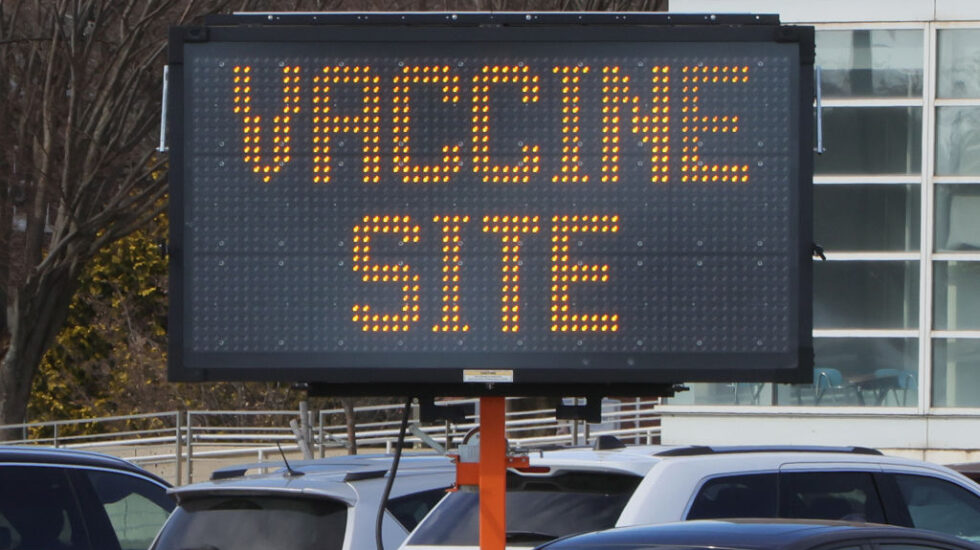The United States once led the world when it came to inoculating its citizens against COVID-19. Now it has the lowest vaccination rate among the Group of Seven, a collection of wealthy nations that includes Britain, Canada, France, Germany, Italy and Japan.
Nearly 55% of all Americans have been fully inoculated. That percentage has also been bested by dozens of countries with with comparatively meager resources – including Cambodia, Mongolia, Chile, Panama, and Uruguay. See Bloomberg’s vaccine tracker for more data about the biggest vaccination campaign in history.
The Washington Post reports, “A larger proportion of Cubans have received at least one shot than those living in the country that has subjected it to a decades-long economic blockade.”
Thirty-three percent of the global population has been fully inoculated.
The lagging rate in the U.S. is particularly confounding since the country has a large stockpile of available vaccines and has conducted a massive logistical campaign to make shots readily available. But The Guardian notes that U.S. “health professionals found lacking another essential element essential to a successful vaccination campaign: trust.”
The Post adds:
In the United States, the pandemic has only accentuated political divides and social inequities. Republicans accuse Biden of engaging in “un-American” politics by forcing people to take a vaccine (no matter that vaccines for other diseases are already mandated in many circumstances in American life). A lack of social protections, including paid sick leave, has also meant that many Americans who cannot afford to miss work are wary of taking a shot whose side effects may force them to briefly convalesce. All the while, hundreds of thousands of doses in various American states went unused and expired.
The Atlantic further explains:
A sizable proportion of unvaccinated Americans aren’t unpersuaded and skeptical but rather uninsured and scared. Polling from the Kaiser Family Foundation indicates that no group is more likely to reject the vaccines than young Americans without insurance. Members of this group are disproportionately young and low-income and lack easy access to a doctor if something goes wrong. Many of them don’t know that the vaccine is free. Meanwhile, the fear of side effects is one of the most common reasons people give for avoiding the vaccines. This fear, compounded by a feeling of estrangement from the health system, is clearly keeping many Americans from getting vaccinated.
Michael Bang Petersen, a Danish researcher who led the Hope Project, told The Atlantic that its difficult to persuade people who have lost faith in the healthcare system, particularly when partisan politics are involved: “Many conservative Americans have simply lost trust in and tuned out public-health communicators, and that’s very hard to solve, because when a population loses trust in the messengers, the content of the message doesn’t matter,” he said.
“Trust is a resource that you draw upon in a crisis,” Petersen added. “It’s much harder to build trust as the crisis is ongoing.”



